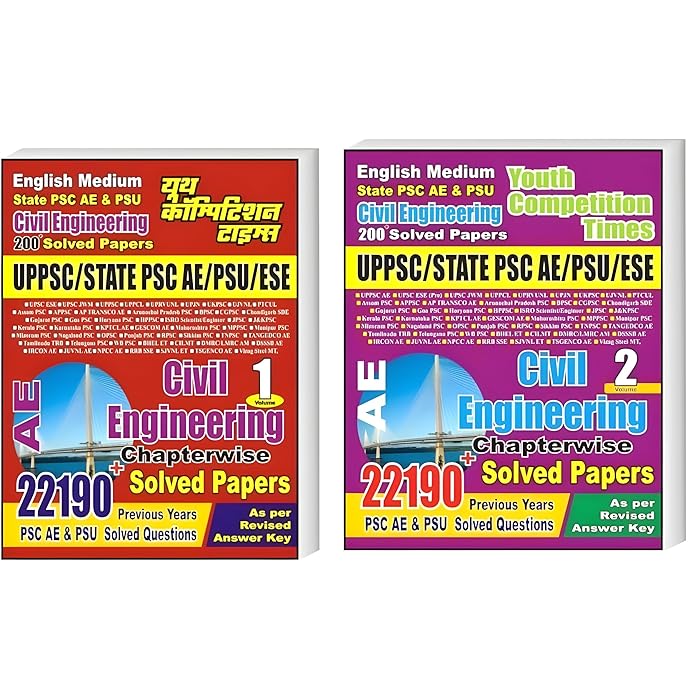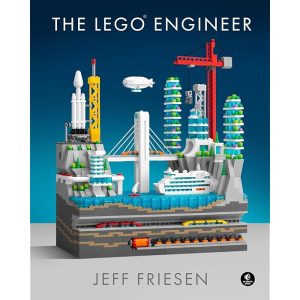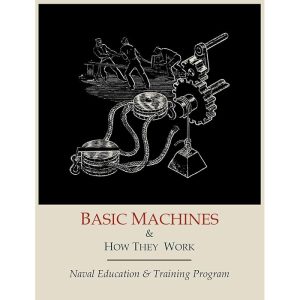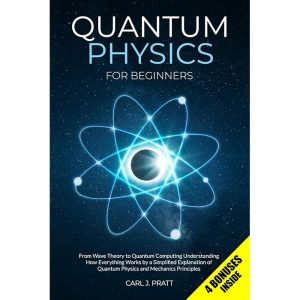Description
It seems like you’re looking for **solved papers** related to a **Youth Competition in Civil Engineering**, particularly for **AE (Assistant Engineer) positions** or similar. These kinds of competitions often involve technical questions from subjects like Structural Engineering, Mechanics, Building Materials, Geotechnical Engineering, and other civil engineering topics.
While I cannot provide specific solved papers or files directly, I can guide you on how to prepare for such competitions and offer resources and strategies that could help:
### 1. **Focus Areas in Civil Engineering for AE Competitions:**
Competitions usually cover topics from various branches of civil engineering. Here are some key areas:
– **Structural Analysis and Design:** Understand concepts like stress, strain, bending, shear, moment diagrams, and design of beams, columns, and slabs.
– **Surveying and Construction Materials:** Study basic surveying techniques, equipment, and properties of construction materials (e.g., concrete, steel).
– **Soil Mechanics and Foundation Engineering:** Learn about types of soil, foundation designs, and methods of soil testing.
– **Transportation Engineering:** Includes the design of roads, traffic management, and transportation planning.
– **Environmental Engineering:** Study water treatment, waste management, and environmental pollution control.
– **Building and Structural Codes:** Familiarize yourself with IS (Indian Standard) codes or other relevant regional standards for construction practices.
– **Fluid Mechanics and Hydraulics:** Basic concepts of fluid flow, hydraulic machines, and water resources engineering.
### 2. **Resources for Solved Papers and Practice:**
– **Previous Years’ Papers:** Check online portals or forums dedicated to civil engineering exams and competitions. Many educational websites upload solved papers of previous years for competitive exams.
– **Books:** You can refer to books specifically designed for AE civil engineering exams. Some well-known ones include:
– *”Objective Civil Engineering” by P.K. Mishra*
– *”Civil Engineering Conventional and Objective Type” by R.S. Khurmi*
– *”Civil Engineering: A Practical Approach” by Dr. B.C. Punmia*
– **Online Platforms:** Websites like **Engineering Exams**, **Gradeup**, or **Unacademy** offer mock tests, previous papers, and online coaching.
– **YouTube Channels:** Many channels offer tutorials and explanations for past papers or difficult concepts in civil engineering.
### 3. **Strategy for Solving Papers:**
– **Time Management:** In any competition, time is limited. Practice solving problems quickly but accurately.
– **Focus on Concepts:** Make sure you understand the theory behind each question. For example, instead of memorizing formulas, try to understand their derivation and applications.
– **Solve Mock Tests:** Regular practice will increase your speed and accuracy, and you’ll get used to the pattern of the competition.
– **Revise Regularly:** Revise important topics multiple times before the competition to keep the concepts fresh.
### 4. **Example Practice Question (Structural Engineering):**
**Problem:** A cantilever beam of length 5 m is subjected to a uniformly distributed load of 10 kN/m. Calculate the maximum bending moment at the fixed end.
**Solution:**
– Bending moment at the fixed end for a UDL is given by the formula:
\( M = \frac{w \cdot l^2}{2} \)
Where:
\( w \) = uniform load per unit length (10 kN/m)
\( l \) = length of the beam (5 m)
– Substituting the values:
\( M = \frac{10 \cdot 5^2}{2} = 125 \, \text{kN-m} \)
This is just a simple example; competitions can have more complex problems requiring deeper knowledge of multiple areas in civil engineering.





Reviews
There are no reviews yet.